Reviewed here by Helen Tope, Disobedience is showing in our cinema from 12th – 17th January.
A film of rare intelligence, Disobedience explores a love affair that threatens to tear a community apart.
Set within an Orthodox Jewish community in North London, the sudden death of community leader Rav Krushka means a change in the ranks. His disciple Dovid (Alessandro Nivola) is the natural choice to be his successor. Krushka’s only child, Ronit (played by Rachel Weisz) is notified of his death, and returns home. A photographer living and working in New York, Ronit has left the Orthodox life behind. Returning to the community, her presence strikes a note of scandal.
Unmarried, independent and a non-practising Jew, Ronit is a reminder of the life in which the community chooses not to participate. Closely-knit and strictly observant, the Orthodox community is a world within itself. Dressing conservatively, behaving modestly, this is a carefully-ordered existence, and the arrival of Ronit is seen, particularly by the older members of the community, as dangerous. They are keen for her to leave as soon as possible. Unfortunately for them, grieving in the Jewish faith is a lengthy business, and Ronit insists on staying to pay her respects.
Arriving at Dovid’s door, we learn that both Ronit and Dovid were close friends during their teenage years. As they stand chatting in the kitchen, Dovid’s wife, Esti, enters the room. The sense of connection between Esti (Rachel Adams) and Ronit is palpable. This is the love story we have come to see. Engaged in a brief relationship during their teens, Ronit and Esti’s decision to rekindle their love proves nothing short of incendiary. With homosexuality strictly forbidden within the Orthodox Jewish faith, Esti is risking not only her marriage, but her job as a teacher and her place within the community. The stakes couldn’t be higher.
Disobedience works by diverting us away from expectation, both narrative and thematic. The characterisation, by screenwriter Rebecca Lenkiewicz, is worked to a subtle finish. The temptation to create angels and demons would be far too easy a choice. Lenkiewicz, along with director Sebastian Lelio, give us the fine detail, not broad strokes. As the story progresses, and the affair intensifies, the need to make a choice is not just confined to the female leads.
For a film embedded in the subjects of sexuality and religion, Disobedience manages to sensationalise neither. This is a rich, meaty piece of story-telling; plenty to take in, and much to give you pause.
The depiction of a closed community is drawn from the inside. Nothing is missed – from the scenes in the Synagogue, to the smaller cultural differences that mark these people apart. Dressed in utilitarian black coats, the monochrome silhouettes and dark, glossy hair could be read as smartly metropolitan. It is only when Lelio takes us into their daily routine, that you see how religion shapes these people’s lives. Lelio is careful not to portray this community as prescriptive and misogynistic. What we are given instead is a group of people determined to preserve a way of life that, for them, represents a sense of order and comfort. Nothing changes, until the outside world arrives on the doorstep.
While dressed in a modern city palette of blacks and greys, the use of tone and texture in Weisz’s wardrobe is a subtle distinction, but an important one. While the community is clan-like in its uniformity, Ronit’s selection of pieces – the stylish boots, the silk blouse – are transgressive acts. Disobedience is a concept that operates on many levels, and here sartorial defiance is more than a detail, it’s a key identifier.
This is a film gifted with several great performances. The partnership of Weisz and Adams is seamless. Weisz gives us the bewilderment of the newly-bereaved; you might expect her big-city background would make her the smartest person in the room, but here she is the most vulnerable. The scorn she heaps on the rituals of the faith, soon gives way to an increasing sense of despair and alienation.
Adams, more usually known for her rom-com credentials, does a great job at articulating a rage that is about to boil over. Like Ronit, Esti was born into the community, and as she and her husband are about to move centre stage after the death of Rav Krushka, it will mean a lifetime filled with obligation and responsibility. The question is whether it is a life either of them want.
As Dovid, Alessandro Nivola delivers a performance filled with nuance and contradiction. Shifting between the memories of his past and the question over his future, Nivola portrays a character who speaks with certainty, but is filled with doubt. While much attention has been paid to Weisz and Adams, it is Nivola’s performance that lifts this film to another level.
Disobedience, despite its title, has no villain at its centre. What’s being resisted, we find out as Esti and Ronit’s affair is discovered, is not a body of people, but an idea. The religion itself, although shown in all its colours, is not the villain, either. Women are able to go to work, and girls are freely educated. But Esti’s admission to Ronit, that she has never been attracted to men, is startling as it is painful. Esti’s life, it becomes apparent, has been lived in the narrowest of margins.
Their relationship is explored with care and sympathy by Lenkiewicz and Lelio. Threaded through with a nostalgia for their teenage days, the film allows us to wonder whether this connection will stay the course. Again, it is choice that will push the narrative forward.
Making a choice is something that faces each of the lead characters at the end of the film. What is celebrated here, is not the outcome, but the act of choosing itself. Freedom represents different things to different people, and this is what the film wants us to take away with us.
Disobedience is a film densely populated with truths. In its exploration of morality, it manages to speak up for both the timeless and the contemporary. When to respect tradition, and when to move forward – it’s a difficult balance to strike. But in examining the case for both, with a clear-eyed precision, what we find is not what we expect. A complex story of forbidden love, Disobedience ends, unsurprisingly, on a note of ambiguity. Those looking for easy answers will not find them here. The film, staying true to its cause, could end no other way.
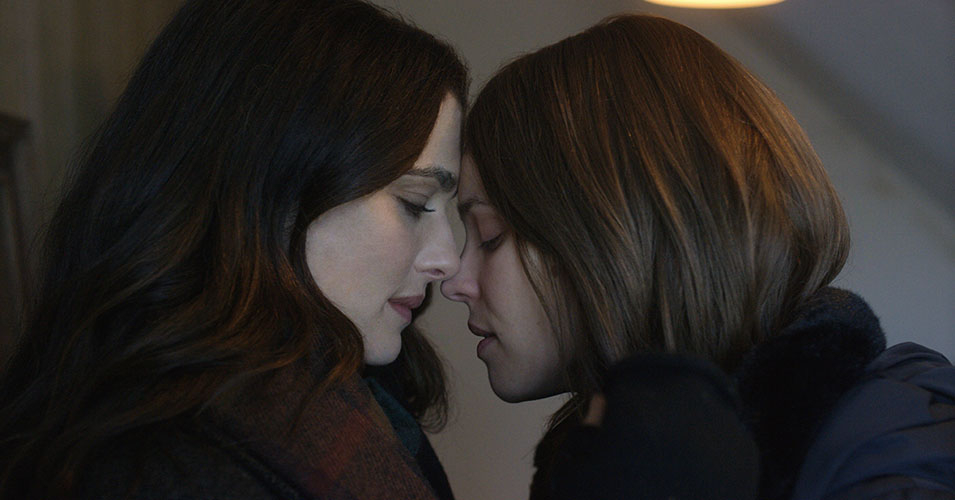
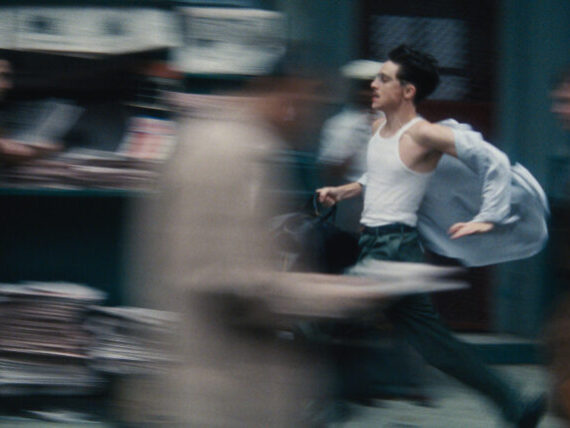



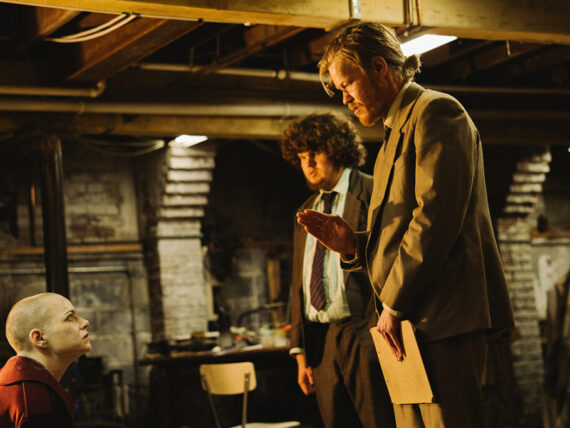

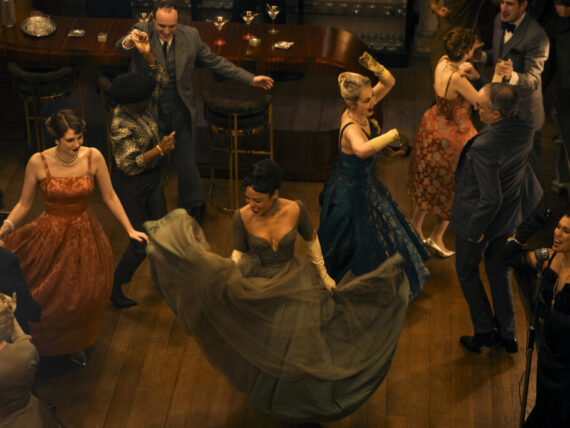
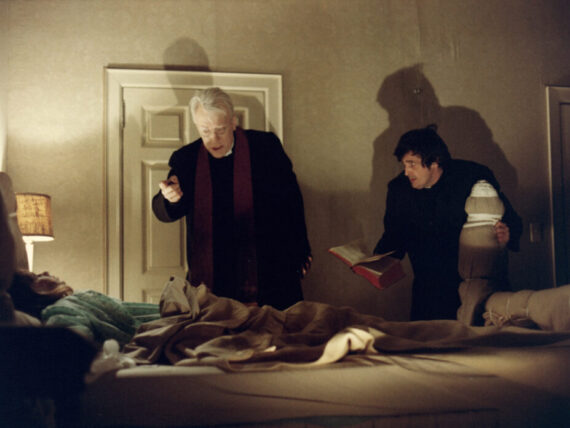
Comments
Comments are closed.